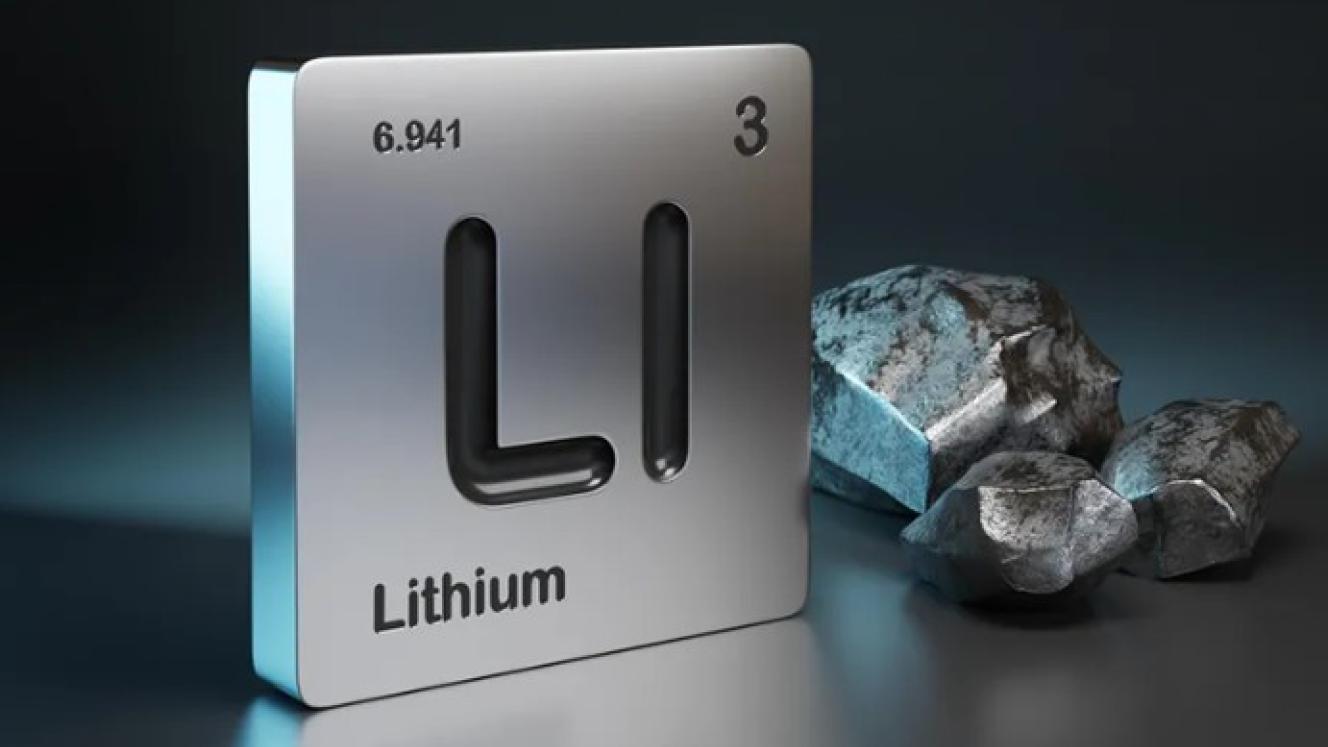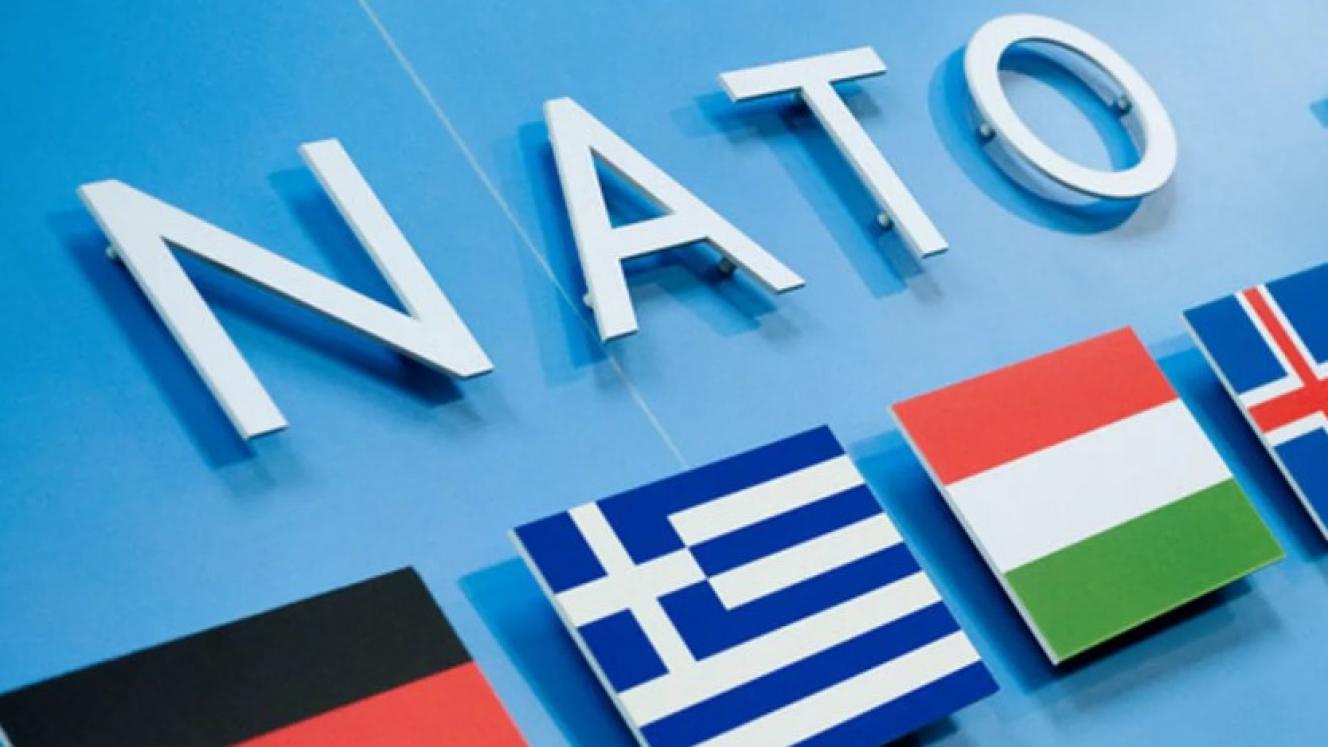Zimbabwe’s exports of spodumene concentrate – a lithium-bearing mineral essential for battery production – increased 30% in the first half of 2025 according to official statistics.
The country exported 586 197 metric tonnes of spodumene concentrate between January and June, up from 451 824 metric tonnes during the same period last year, according to statistics released by the the Minerals Marketing Corporation of Zimbabwe (MMCZ) obtained on Monday.
Prices of lithium, which is used in batteries to power renewable energy technologies, have plummeted by almost 90% over the past two years, mainly due to an oversupply of the commodity.
“A notable market contradiction was observed in the lithium sector, where prices declined despite a continuous rise in demand for lithium metal,” MMCZ said in a statement.
“Lithium prices are, however, expected to improve in the medium-term,” it added.
Zhejiang Huayou Cobalt, Sinomine, Chengxin Lithium Group, Yahua Group and Tsingshan are the dominant stakeholders in Zimbabwe’s lithium mining, producing concentrates for export to China. According to MMCZ, these Chinese-owned companies have invested more than $1.4 billion since 2021 to acquire and develop the lithium assets.
Zimbabwe’s Mines Minister, Winston Chitando, said in June that the country planned to ban the export of lithium concentrates from 2027 to promote more local processing of the mineral.
Chitando said lithium sulphate plants were being developed at two Zimbabwean mines, Bikita Minerals, owned by Sinomine, and Prospect Lithium Zimbabwe, owned by Zhejiang Huayou Cobalt.
Huayou, which exported 400 000 tonnes of lithium concentrate from Zimbabwe in 2024, said it had started building a 50 000-tonne per year lithium sulphate plant in the country. Sinomine has also announced plans to build a $500 million lithium sulphate plant at its Bikita mine in Zimbabwe.
The country, which is Africa’s largest producer of lithium, banned the export of lithium ore in 2022 and has been pushing mines to process more domestically.
Source: Club of Mozambique













